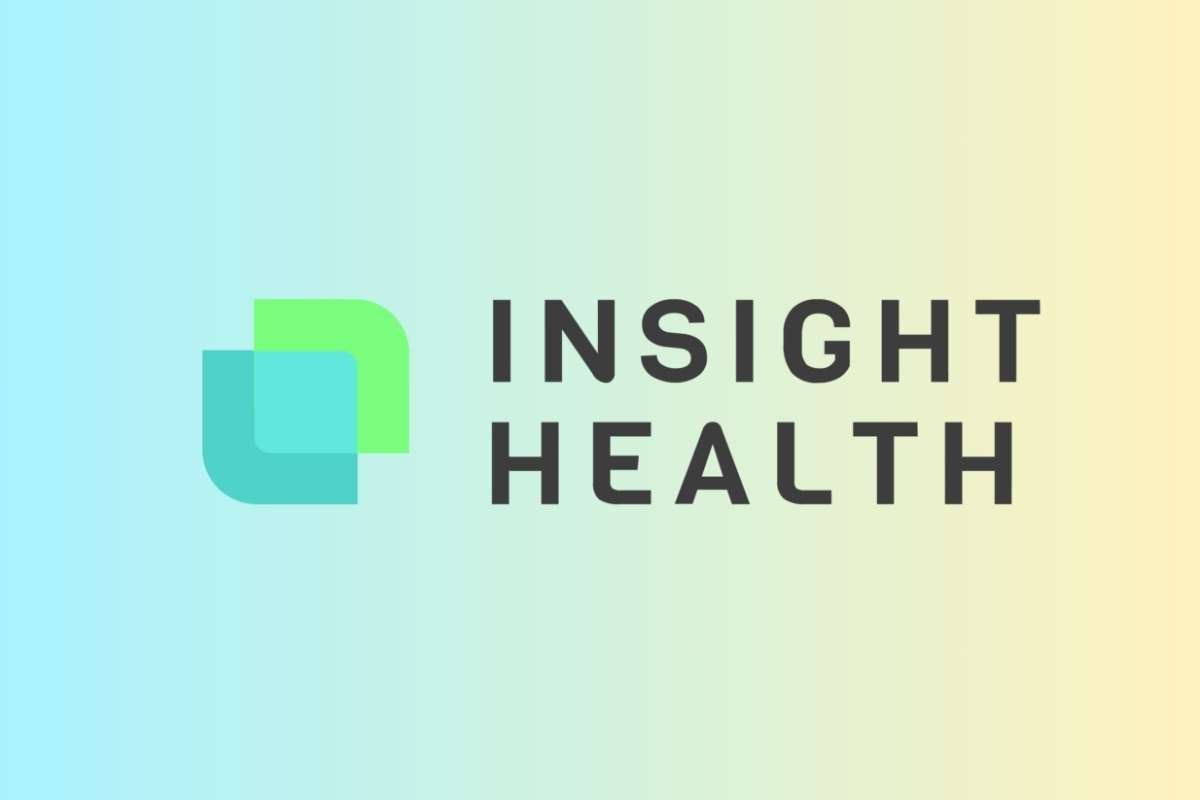The Impact of Sleep on Brain Health and Brain Aging
Recent research suggests that inadequate sleep during one’s 40s may lead to accelerated brain aging, with potential effects lingering into the late 50s. The study, conducted by Dr. Kristine Yaffe and her team at UC San Francisco, emphasizes the importance of addressing sleep issues early to safeguard brain health. Key recommendations include maintaining a consistent sleep schedule, engaging in regular exercise, and avoiding stimulants like caffeine and alcohol before bedtime.
The study involved nearly 600 adults around the age of 40 who completed a sleep questionnaire at the beginning of the research and again five years later. The researchers assessed various sleep-related issues, including short sleep duration, poor sleep quality, difficulties in falling and staying asleep, early morning awakenings, and daytime sleepiness. Experts typically recommend that adults aim for seven to nine hours of sleep each night.
Classifying Sleep Patterns
Participants were categorized into three groups based on their sleep characteristics. The low group, comprising about 70% of participants, reported none or only one of the six identified sleep issues. The middle group, which included 22% of participants, experienced two or three issues, while the high group, representing 8%, reported four to six problems.
Fifteen years into the study, participants underwent cranial scans that allowed researchers to calculate their brain age. After accounting for various factors such as age, sex, high blood pressure, and diabetes, the results indicated that those in the middle sleep group had brains that were, on average, 1.6 years older than those in the low group. The high group, meanwhile, had an average brain age that was 2.6 years older.
The study found that among the six sleep habits analyzed, poor sleep quality, difficulties in falling and staying asleep, and early morning awakenings were most strongly associated with increased brain age. These associations were particularly pronounced in individuals who faced these sleep issues for at least five years.
Limitations and Future Research
While the findings were published in the online issue of Neurology, the medical journal of the American Academy of Neurology, the researchers caution that their study does not definitively prove that poor sleep causes brain aging; it merely identifies an association between the two. One limitation noted was that participants self-reported their sleep issues, which could lead to inaccuracies in their assessments.
Future research should aim to explore methods to enhance sleep quality and examine the long-term effects of sleep on brain health in younger populations. Dr. Yaffe emphasized the need for further investigations into improving sleep and understanding its role in cognitive function.
Lifestyle Choices and Brain Health
In a related study also published in Neurology, Yale researchers found that middle-aged individuals with uncontrolled blood pressure, blood sugar, or cholesterol who lack exercise, poor nutrition, and inadequate sleep face heightened risks for stroke, dementia, or depression later in life. Dr. Santiago Clocchiatti-Tuozzo noted that making healthier lifestyle choices during middle age can significantly influence sleep and brain health in later years.
Dr. Thomas Kilkenny, director of the Institute of Sleep Medicine at Northwell Health Staten Island University Hospital, highlighted the critical importance of both the quantity and quality of sleep for optimal cognitive performance. He pointed out that recent findings suggest that cognitive abilities may remain impaired even after returning to adequate sleep, indicating that sleep deprivation could have long-lasting effects on specific cognitive functions.
Kilkenny warned that frequent sleep deprivation might trigger a permanent decline in cognitive abilities, potentially leading to conditions such as dementia.
Conclusion
The findings of these studies underscore the vital role of sleep in maintaining brain health and cognitive function, particularly as individuals age. By addressing sleep issues early and adopting healthier lifestyle choices, it may be possible to mitigate the risks associated with accelerated brain aging.










